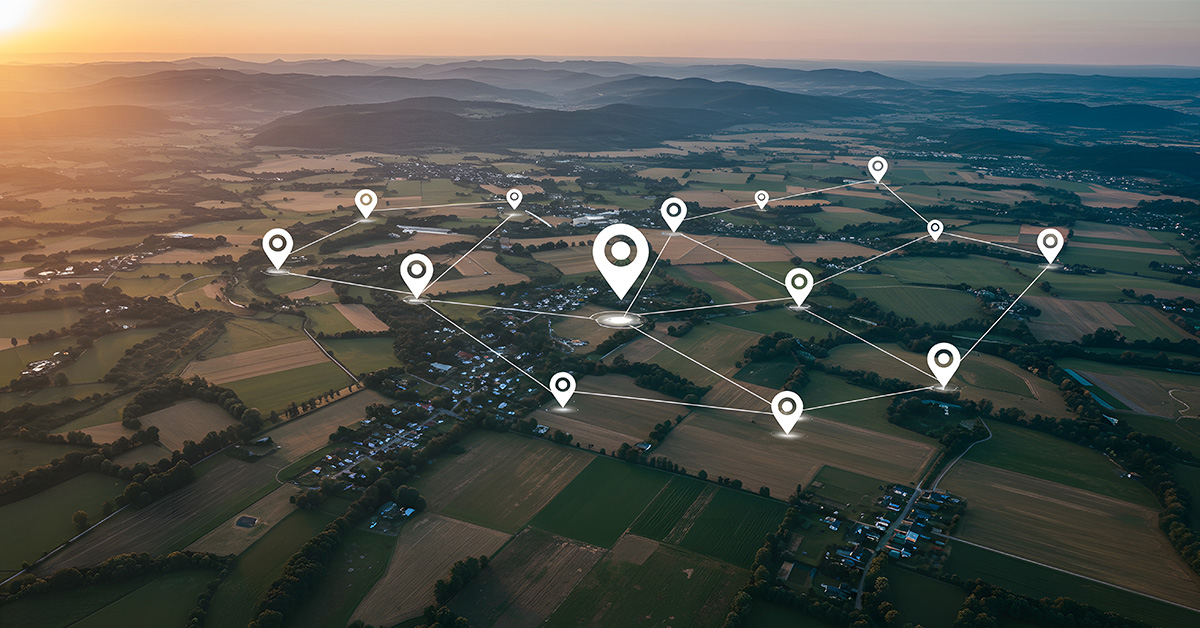Agriculture remains a cornerstone of global food security, contributing approximately 4% to the world’s GDP and employing nearly 27% of the workforce. Despite its significance, agricultural productivity is often hindered by inadequate soil management. Globally, about 33% of the Earth's soil is already degraded due to erosion, nutrient depletion, and unsustainable farming practices. Soil information systems (SIS) have emerged as a vital technological solution, enabling farmers to optimize crop yields, reduce costs, and promote sustainable farming practices.
The challenge is even more pronounced in Africa, where agriculture employs 60% of the labor force and contributes 23% of GDP. The continent’s smallholder farmers, who produce up to 80% of the region’s food, often lack access to reliable soil data, resulting in suboptimal fertilizer use and reduced productivity. Implementing advanced soil information systems is crucial for addressing these challenges and fostering African agricultural growth.
.jpg)
Soil Information System: A Game-Changer for Agriculture
Soil information systems (SIS) are digital platforms integrating geospatial data, soil characteristics, and environmental metrics to deliver actionable insights for farmers and policymakers. These systems combine technologies such as Geographic Information Systems (GIS), remote sensing, and machine learning to analyze soil health, fertility, and suitability for various crops. Key functionalities include:
- Soil Mapping: Detailed soil types, textures, and nutrient content mapping.
- Crop Suitability Analysis: Recommendations on crops best suited to specific soil and climatic conditions.
- Precision Farming: Insights for site-specific fertilizer and water application, reducing waste and costs.
- Sustainability Monitoring: Tools for tracking soil erosion, salinity, and organic matter depletion.
Challenges
- Limited Access to Data: Many farmers rely on traditional knowledge, lacking access to accurate soil information.
- Infrastructure Gaps: Poor digital and physical infrastructure hampers the adoption of SIS technologies.
- Affordability: High costs associated with SIS technologies remain a barrier for smallholder farmers.
Opportunities:
- Mobile Penetration: Mobile penetration rates exceed 46% in sub-Saharan Africa, which suggests potential for mobile-based SIS applications.
- Government Initiatives: Programs like the African Soil Information Service (AfSIS) aim to create comprehensive soil databases.
- Private Sector Involvement: Companies increasingly invest in SIS technologies to support sustainable agriculture.
Case Study: CSM Technologies’ Contribution to Soil Information Systems in Africa
.jpg)
CSM Technologies, a global leader in e-governance solutions, has been at the forefront of developing advanced soil information systems tailored to the African agricultural landscape. One of its notable projects involved the deployment of a Soil Information System in partnership with local governments and agricultural agencies.
Impact:
- Increased Yields: Average crop yields rose by 15-25% within the first two seasons of implementation.
- Cost Savings: Farmers reduced input costs by 10-15% through precise fertilizer application.
- Sustainability: The project promoted sustainable farming practices, reducing soil erosion and preserving fertility.
Conclusion: The Path Forward
Soil information systems are transforming agriculture in Africa by addressing critical productivity and sustainability challenges. Initiatives like CSM Technologies’ Soil Information System allow farmers to harness data-driven insights to optimize yields, conserve resources, and secure livelihoods. Scaling such solutions across the continent requires continued collaboration between governments, private enterprises, and international organizations.
Investing in SIS is not just an agricultural imperative but a strategic necessity for ensuring food security and driving economic development in Africa and beyond. By leveraging cutting-edge technologies and fostering partnerships, Africa can unlock the full potential of its agricultural sector for a sustainable future.


























































We will verify and publish your comment soon.